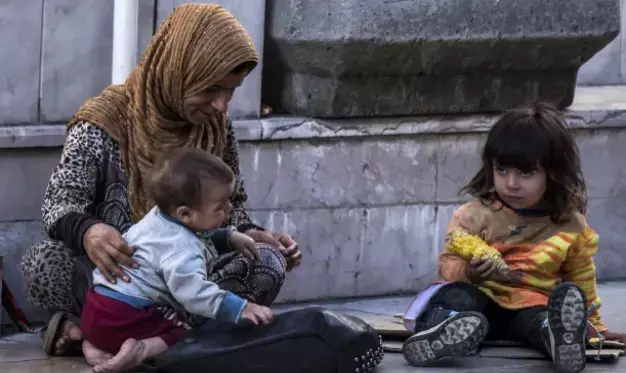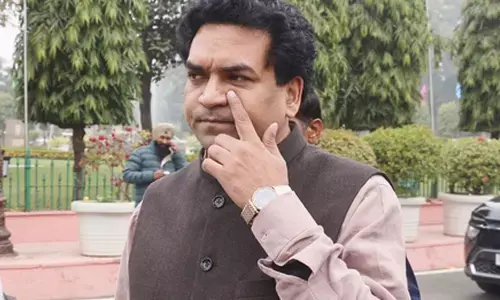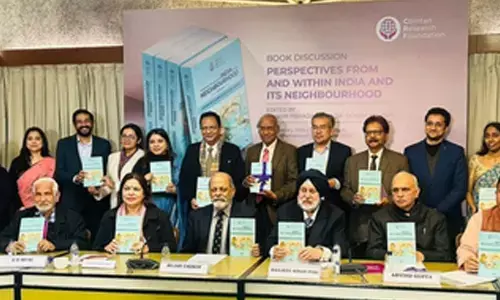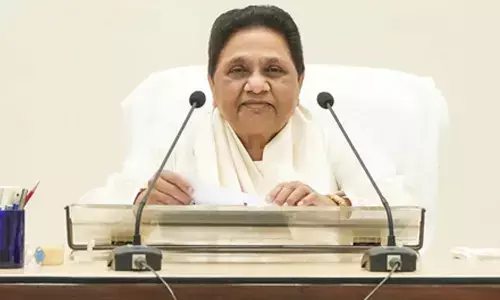Cluster universities, colleges model yet to get traction from students
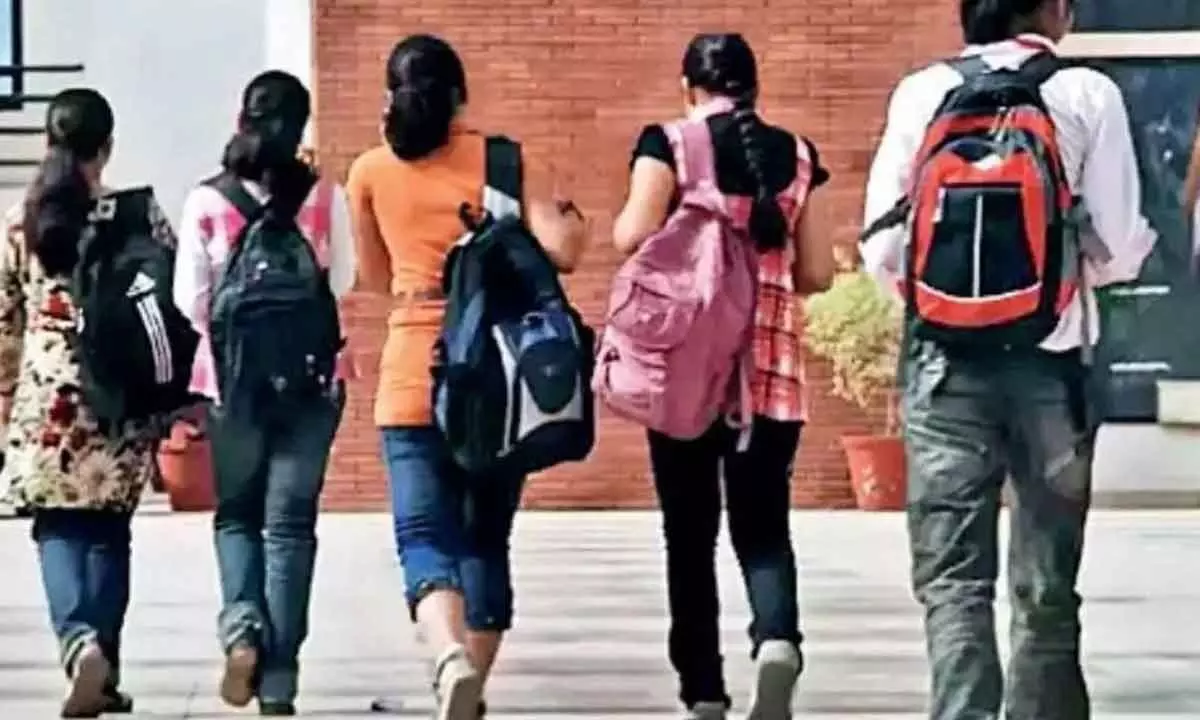
Telangana lacks a proactive policy on higher education
Hyderabad: Four years on the cluster universities and colleges model, the first reform in the Telangana State Higher Education akin to the New Education Policy-2020 (NEP-2020) is yet to make a dent.
The Telangana State Council of Higher Education (TSCHE) had rolled out the cluster universities model in 2021. The initiative was meant for the optimum utilisation of human capital and infrastructure of Higher Educational Institutions (HEIs) in the State, creating opportunities for students to study different HEIs with new course combinations.
Speaking to The Hans India, a senior official from Osmania University said, "Recently, the initiative was celebrated in which students were given away prizes for their performance in different areas." However, the problem being faced is that it has not yet got traction from students on expected lines even after four years of introducing the initiative. The main objective was to bring six conventional State universities together. Each university extends cooperation to another within the cluster, offering its expertise.
The co-working model was to each shouldering another to improve standards in the sister university in the cluster. Further, each university exchanges resources, faculty, research and development. Apart from that, the cluster universities will also co-create, allowing students to choose subjects from different universities within the cluster. The credits earned in one university can be transferred to another university within the cluster universities.
For example, a student from Mahatma Gandhi University or Kakatiya University can take a credit course from Osmania University. The home university of the student within the cluster will accept the credits earned from another within the cluster. Along similar lines, an experiment is being made to implement the cluster approach among the colleges which will co-work and co-create courses enabling credit transfers among the cluster colleges. Besides, they will also exchange expertise and the existing infrastructure with each other.
Further, implementing such models to liberalise study areas for the benefit of students will also help the University Grants Commission (UGC) to provide matching grants.
The model will help students to take up courses from across different schools and departments within a university to pursue courses in an interdisciplinary model and study subjects of a student's interest from some other university or college and earn credits for the same.
A senior higher education official pointed out when asked for not getting good response from students; "a student from Kakatiya University, Warangal, will not prefer to take up a credit course from Osmania University located in Hyderabad unless what is offered is substantial and useful in terms of, either to career or to go for higher studies."
The success of co-creation of new courses roping only conventional universities and few colleges within a city would not make this model successful. Instead, all universities and HEIs, irrespective of whether they are conventional, technical, agriculture, science, commerce, management and law have to be roped in to co-create interdisciplinary and multidisciplinary. This makes the courses more relevant both for the job market as well as pursuing advanced research. But, to bring such changes of a proactive policy initiative has to come from the State government, though universities are considered autonomous and independent, they are highly dependent on the State government for most things, he added.










